
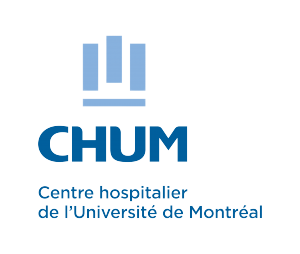
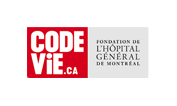
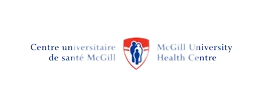

- Fr








ELIXR 2025 is pleased to present top experts in early-stage lung cancer from a number of disciplines across the globe.
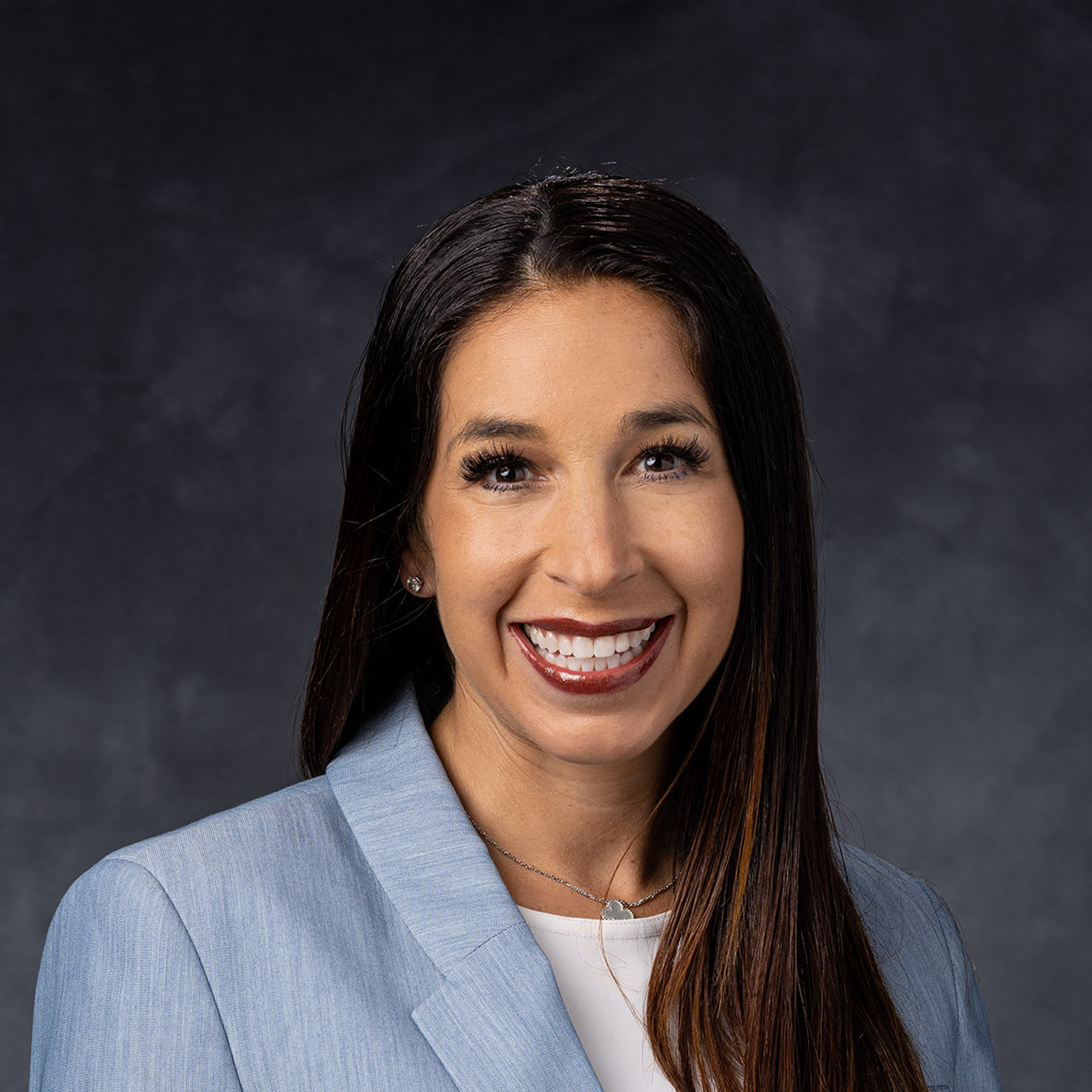
Dr. Antonoff completed her undergraduate studies at the University of Pennsylvania and earned her medical degree at the University of Minnesota, where she also completed internship and residency in General Surgery. Dr. Antonoff completed a fellowship in Cardiothoracic Surgery at Washington University in St Louis. She joined MD Anderson in 2014, where she's currently an Associate Professor of Thoracic and Cardiovascular Surgery and Program Director for Education. She is the Deputy Head of Education for Surgery.
Dr. Antonoff's research interests include pulmonary metastatic disease, early detection of lung cancer, and local consolidative therapy for stage IV lung cancer. She is the surgical lead for several trials evaluating the role of local consolidative therapy for metastatic non-small cell lung cancer. She holds several leadership roles in the STS, including chair of the STS Council on Member Engagement and its leadership Institute. She serves as the Vice President and President-Elect of the WTS. She further holds leadership roles within the AATS, the STSA, the AWS, IASLC, ESTS, and the TSDA, and Senior Editorial Board positions for Annals of Thoracic Surgery, Journal of Thoracic and Cardiovascular Surgery, Innovations, CTSNet, and Journal of Thoracic Disease.

Dr. Cascone is a Physician-Scientist and Associate Professor in the Department of Thoracic/Head and Neck Medical Oncology at the University of Texas MD Anderson Cancer Center in Houston, Texas. She received her medical (summa cum laude) and doctorate degrees from the University of Campania Luigi Vanvitelli in Naples, Italy. Dr. Cascone completed her postdoctoral studies at MD Anderson Cancer Center where she studied the impact of antiangiogenic therapy on the tumor microenvironment. Following her clinical residency in internal medicine at the Washington University School of Medicine in St. Louis, she joined MD Anderson Cancer Center as a Clinical Fellow in Medical Oncology and later as an Instructor in the Cancer Medicine Advanced Scholar Program. She was then appointed Assistant Professor tenure-track in the Department of Thoracic/Head and Neck Medical Oncology at MD Anderson Cancer Center.
Dr. Cascone leads a basic laboratory and translational research program that focuses on identifying mechanisms of tumor response and resistance to immunotherapy. She also serves as PI on several clinical trials evaluating neoadjuvant and perioperative immunotherapies for patients with operable non-small cell lung cancer, including the NEOSTAR, NeoCOAST, NeoCOAST-2, and CheckMate-77T studies. Her research program is supported by multiple peer-reviewed grants and awards, including NIH/NCI MPI R01 grants and the Lung SPORE award, a Mark Foundation Endeavor award, the Lung Cancer Moon Shot Program and a Sabin Family Foundation Award. She uses information generated from preclinical models and patient-derived samples to identify predictive biomarkers of response and to develop novel therapeutic strategies. Dr. Cascone is a graduate of the MD Anderson Physician Scientist Program and a past recipient of an ASCO Career Development Award and an ASCI Young Physician Scientist Award. She has published widely in leading journals, including Journal of Clinical Investigation, Cell Metabolism, Cancer Discovery, Nature Medicine, and The New England Journal of Medicine.
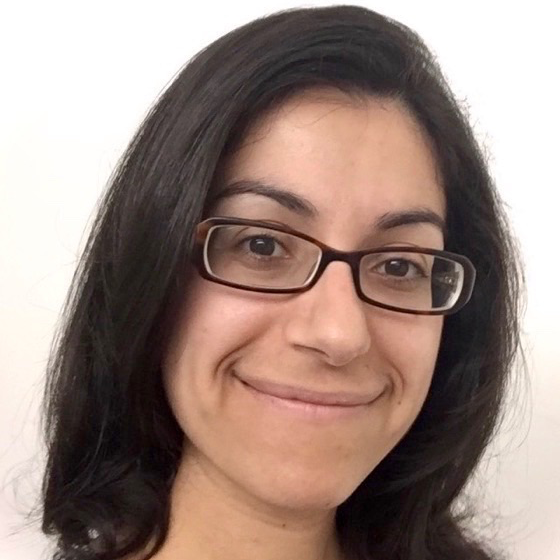
Nathalie Daaboul, MD. FRCPC is a hematologist-oncologist practicing at the Integrated Cancer Center of the Montérégie, at Hôpital Charles LeMoyne (in South-Shore Montreal, Quebec, Canada). She has a thoracic oncology subspeciality from the University of Ottawa. Her current clinical areas of practice are in lung and upper GI cancers. She is interested in clinical research, medical education, and patient advocacy at regional / provincial and national levels. Most notably, she leads the RESOT (Quebec's Community of Practice for lung cancer research). She is also an associate professor at the Université de Sherbrooke.
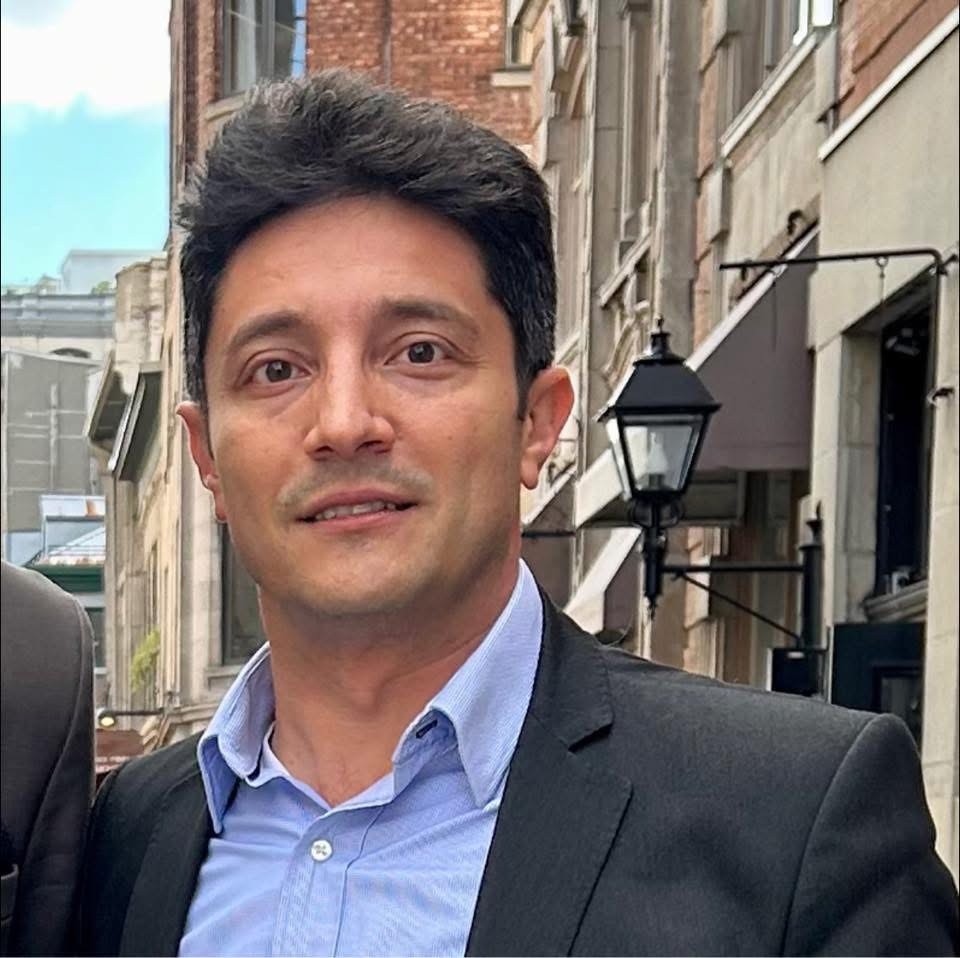
Dr. Julien Dahdah is a thoracic surgeon serving as a regional head of division at CISSS des Laurentides Quebec. He accomplished his studies training among the most reputable institutions in France including Marie Lannelongue Hospital. He is leading the thoracic surgery program at St. Jerome hospital and has special interest to research and contributing in lung cancer biobank and multimodal surgical preadaptation.

Dr. Arielle Elkrief MD, FRCPC is a clinician-scientist and Assistant Professor in the Department of Oncology at the Centre hospitalier de l'Université de Montréal (CHUM). She was recruited to the CRCHUM in 2023 and directs her research laboratory focused on the gut and tumor microbiome as a biomarker of response to immunotherapy. She is also co-Director of the CHUM Microbiome Centre where she leads microbiome-centered clinical trials combining microbiome interventions such as fecal microbiota transplantation (FMT), prebiotics, and diet. In addition, she contributed to establishing the negative impact of antibiotics on immunotherapy activity in patients with cancer. She was recently awarded the American Society of Clinical Oncology Young Investigator Award and the Society of Immunotherapy of Cancer-Melanoma Research Alliance Women in Melanoma Award.
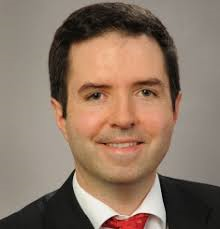
Dr. Patrick Forde treats patients with lung cancer, mesothelioma, and other thoracic cancers. He completed training in internal medicine and oncology in Ireland prior to undertaking a further fellowship at Johns Hopkins.
He has led development of a clinical-translational research program focused on the immuno-oncology of upper aerodigestive malignancies. Dr. Forde's research examines the role of immunotherapy for mesothelioma and lung cancer and his work has led to the development of several ongoing phase 3 trials. In 2022, his work over several years, published in the New England Journal of Medicine, led to the FDA approval of neoadjuvant chemo-immunotherapy for the treatment of surgically operable lung cancer.
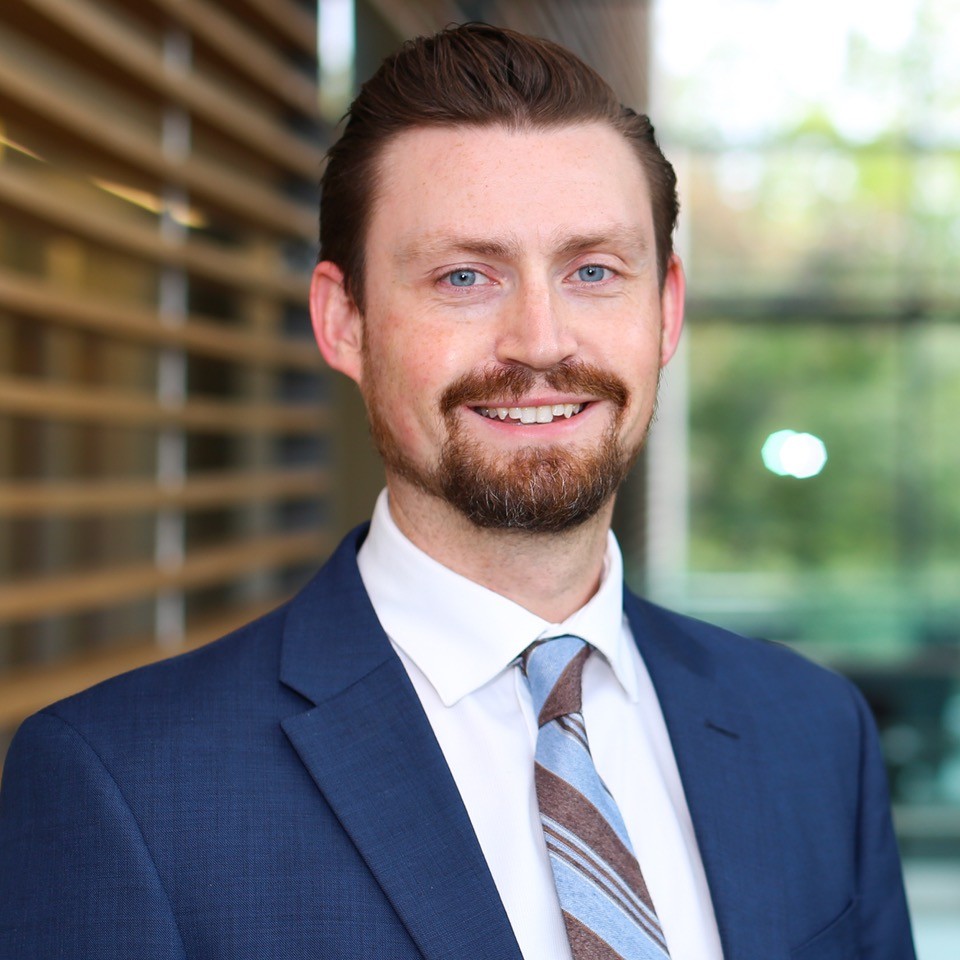
Dr. Giles completed medical school at Queen's University and General Surgery Residency at McMaster University. He obtained a Master of Public Health with a global health focus at the Harvard T.H. Chan School of Public Health during residency. Dr. Giles subsequently completed Thoracic Surgery Residency at the University of Manitoba and the Advanced General Thoracic Surgery Fellowship at the Mayo Clinic. Dr. Giles's clinical areas of focus are minimally invasive and robotic surgery and combined modality treatment for locally advanced thoracic malignancy. Research interests include perioperative outcomes, quality improvement, and improving access to care.

Dr. Salma Jabbour is Professor, Vice Chair of Clinical Research and Faculty Development in Radiation Oncology, and Associate Director of Faculty Affairs and Development at the Rutgers Cancer Institute of New Jersey. Dr. Jabbour's clinical practice and research focus on lung cancers and gastrointestinal malignancies and she is the Lead Thoracic and GI Radiation Oncologist. Dr. Jabbour's clinical research resulted in many influential publications in major journals. She has authored over 240 articles and numerous book chapters and monographs. She served previously as the Senior Editor for the International Journal of Radiation Oncology, Biology and Physics (IJROBP) and Deputy Editor of the IJROBP. She participates in multiple ASTRO committees and was selected as Fellow of ASTRO. She also participates in the Big Ten Cancer Research Consortium Steering Committee and is Chair of the Scientific Review Board at the Rutgers Cancer Institute as well as Leader of the Radiation Oncology Disease Specific Group which she founded. Dr. Jabbour leads and participates in many pivotal clinical trials involving combinations of systemic therapy and radiation therapy. She is the Principal Investigator of international studies including KeyNote-799 investigating chemoradiation and immunotherapy in Stage 3 lung cancer.
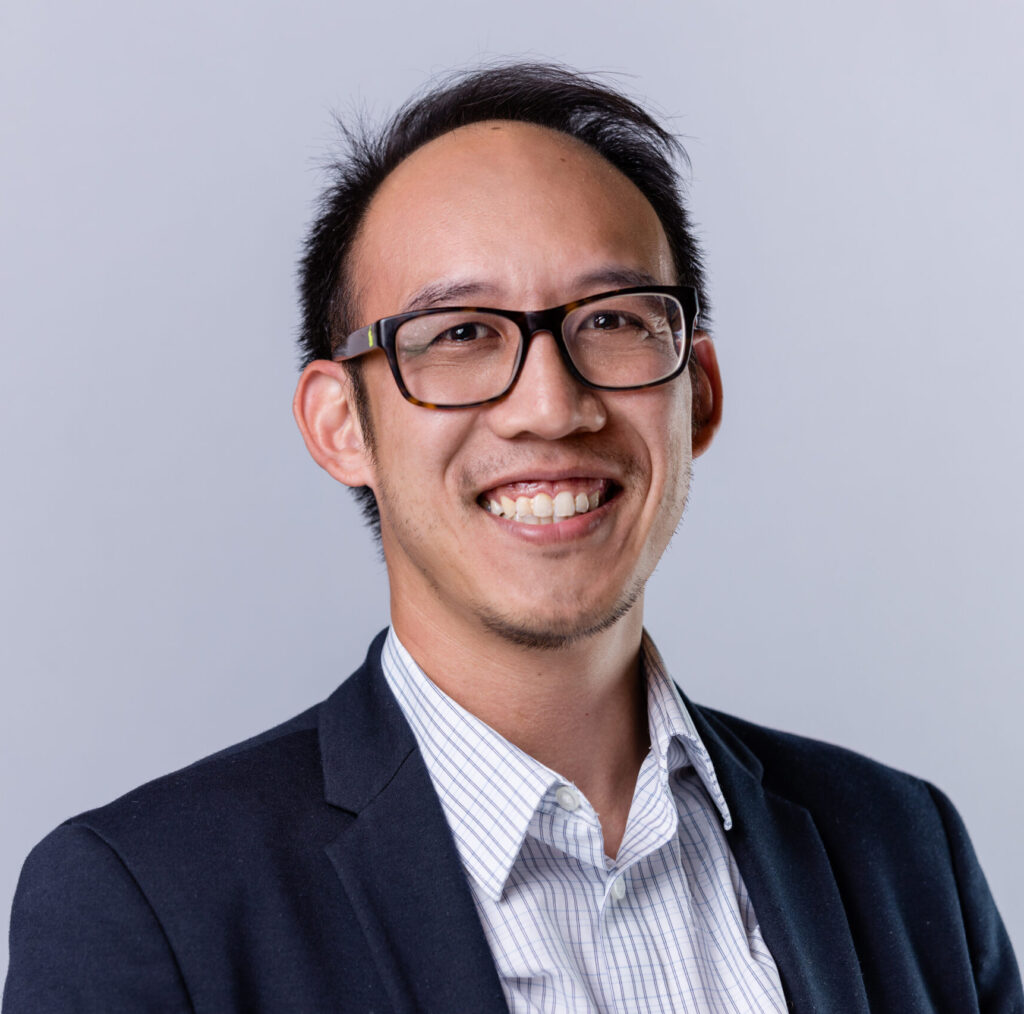
Dr Jao is an adjunct professor at the Université de Montréal and a hemato-oncologist at the Hôpital du Sacré Coeur de Montréal. He is the medical oncology lead of the thoracic oncology team.
He has a master's degree in Immunology and HIV from McGill University. He went on to obtain his medical degree from the Université de Montréal, and specialized in internal medicine, hematology and medical oncology. He completed a fellowship in thoracic oncology at the Princess Margaret Cancer Center.
He is the current director of research in hematology and oncology at Sacré Coeur Hospital and co-chair of the Lung Cancer Canada medical advisory committee.
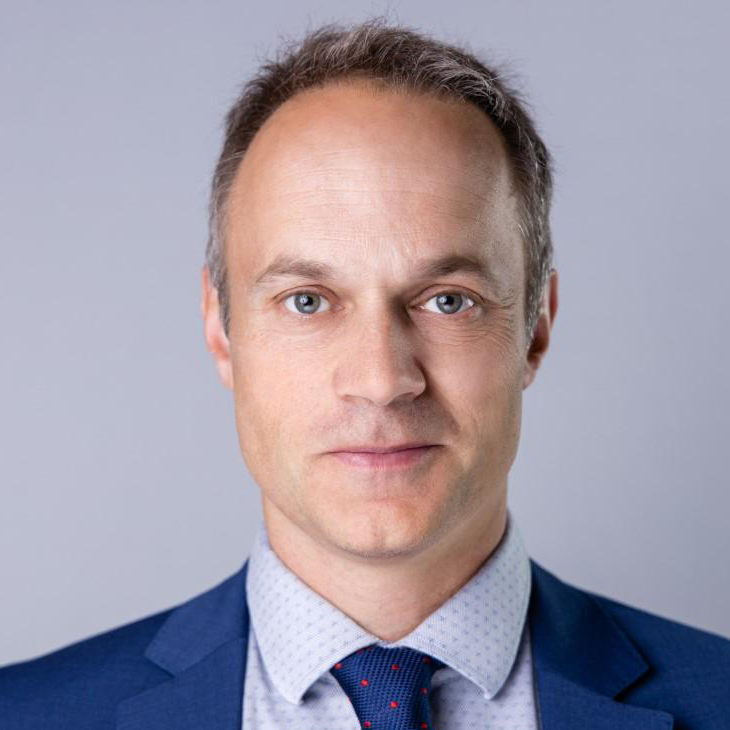
Philippe Joubert is a thoracic pathologist and researcher at the Institut Universitaire de Cardiologie et de Pneumologie de Québec, Université Laval. He is an associate professor at the Faculty of Medicine of Université Laval and the deputy director of the Department of Molecular Biology, Medical Biochemistry, and Pathology. He holds the Canada Research Chair in the Identification of Diagnostic and Prognostic Markers in Lung Cancer. He is also a member of the staging committee of the International Association for the Study of Lung Cancer (IASLC) and co-leads the working group on molecular and histological parameters with prognostic impact in lung cancer. His research program focuses on lung cancers, specifically the development of predictive and diagnostic biomarkers in adenocarcinomas and neuroendocrine tumors.
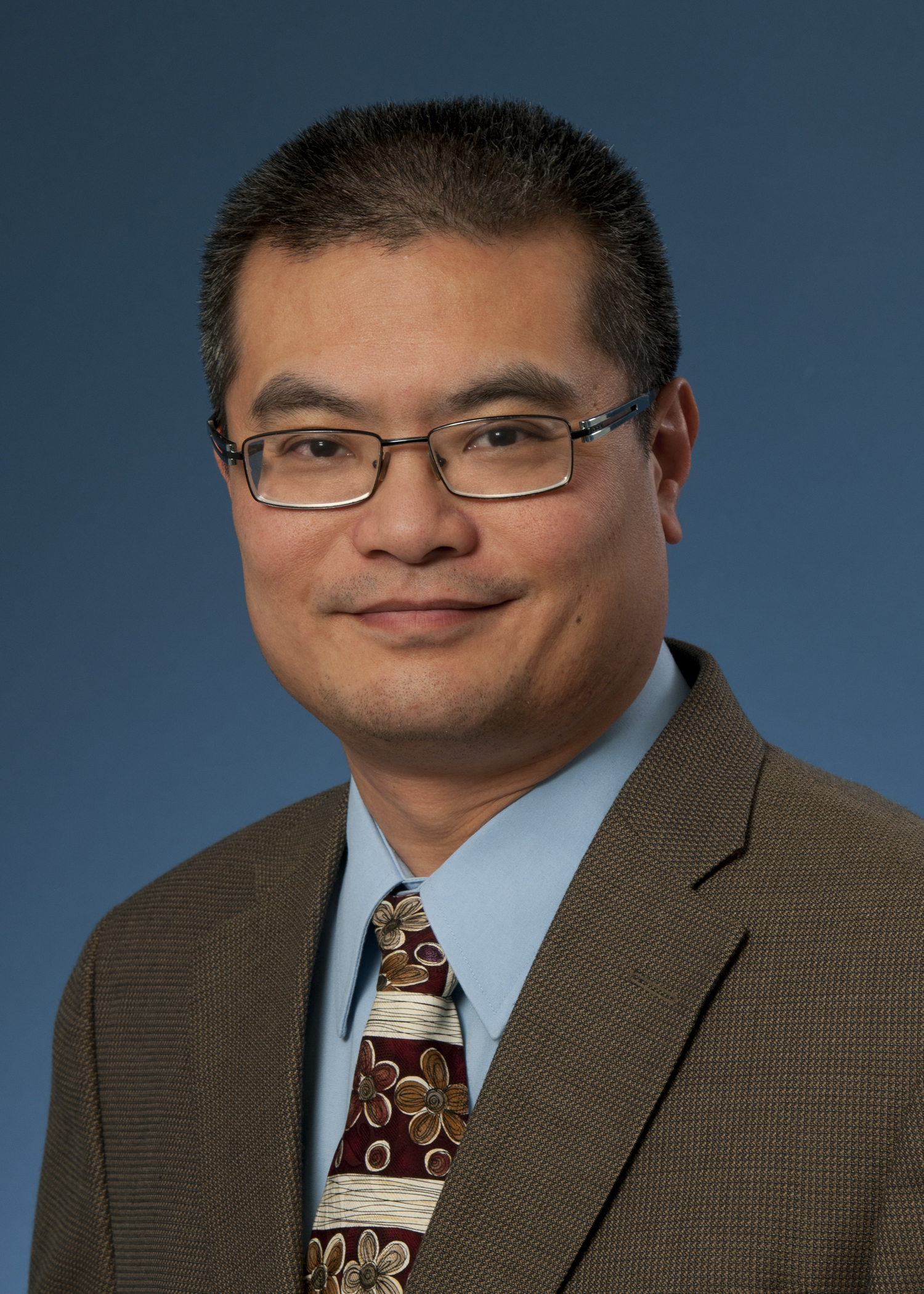
Dr. Liu graduated sum laude from the University of Toronto medicine program, followed by residencies at the University of Toronto and a fellowship at the Dana Farber Harvard Cancer Center in Boston. He was Assistant Professor of Medicine at Harvard Medical School before returning in 2006 to the Ontario Cancer Institute–Princess Margaret Hospital. Dr. Liu's major research focus is in molecular prognostic factors and pharmacogenomics of lung and esophageal cancer, with additional interest in head and neck, pancreatic, ovarian and testicular cancers, mesothelioma and thymoma.
Trained in clinical and molecular epidemiology, he is the principal investigator of over three dozen completed, ongoing and upcoming cancer pharmacogenomic and molecular epidemiologic analyses of cancer observational studies and clinical trials funded by the National Cancer Institute (US), National Cancer Institute of Canada Clinical Trials Group, Canadian Cancer Society Research Institute, the Canadian Institute of Health Research, the Ontario Institute of Cancer Research, Cancer Care Ontario, Doris Duke Foundation and the Lung Cancer Foundation of America.
He has research interests in epidemiological outcomes database methods, novel analyses of high dimensionality biologically rich data, pharmacogenomic analyses of conventional and molecularly targeted agents using primary human xenograft models, patient-reported outcomes in pharmacogenomics, and knowledge translation of personalized medicine and pharmacogenomic algorithms into clinical practice.

Dr. Jarushka Naidoo is the Professor of Medical Oncology at RCSI University of Health Sciences and a Consultant Medical Oncologist at Beaumont Hospital, specializing in lung cancer, clinical trials and immunotherapy. She trained in Medicine at Trinity College Dublin (graduation: 2006) and completed her internal medicine training through the Royal College of Physicians of Ireland, followed by Higher Specialist Training in medical oncology through the Irish College of High Medical Training via RCPI, in 2012.
Dr. Naidoo completed an awarded advanced medical oncology fellowship at Memorial Sloan Kettering Cancer Centre in New York (US Ranking #1 Cancer Centre worldwide) in Thoracic Oncology and Phase I Immunotherapy under the mentorship of Jedd Wolchok and Naiyer Rizvi from 2013-2015.
After this, she became an Assistant Professor and Attending Physician at Johns Hopkins University in the Thoracic Oncology Division from 2015-2020. During this time, Dr. Naidoo won an NIH K12 Award, IASLC Young Investigator Award, and completed a Masters in Biostatistics and Clinical Investigation from Johns Hopkins University. In 2020, Dr. Naidoo returned to Ireland and won the Irish Cancer Society's Clinician Research Leader Award in 2021. In 2022, she was promoted to Full Professor of Medical Oncology and is currently the national lung cancer chair for Cancer Trials Ireland and lead the clinical research programme focused on lung cancer, at Beaumont Hospital and RCSI University of Health Sciences (Beaumont RCSI Cancer Centre).
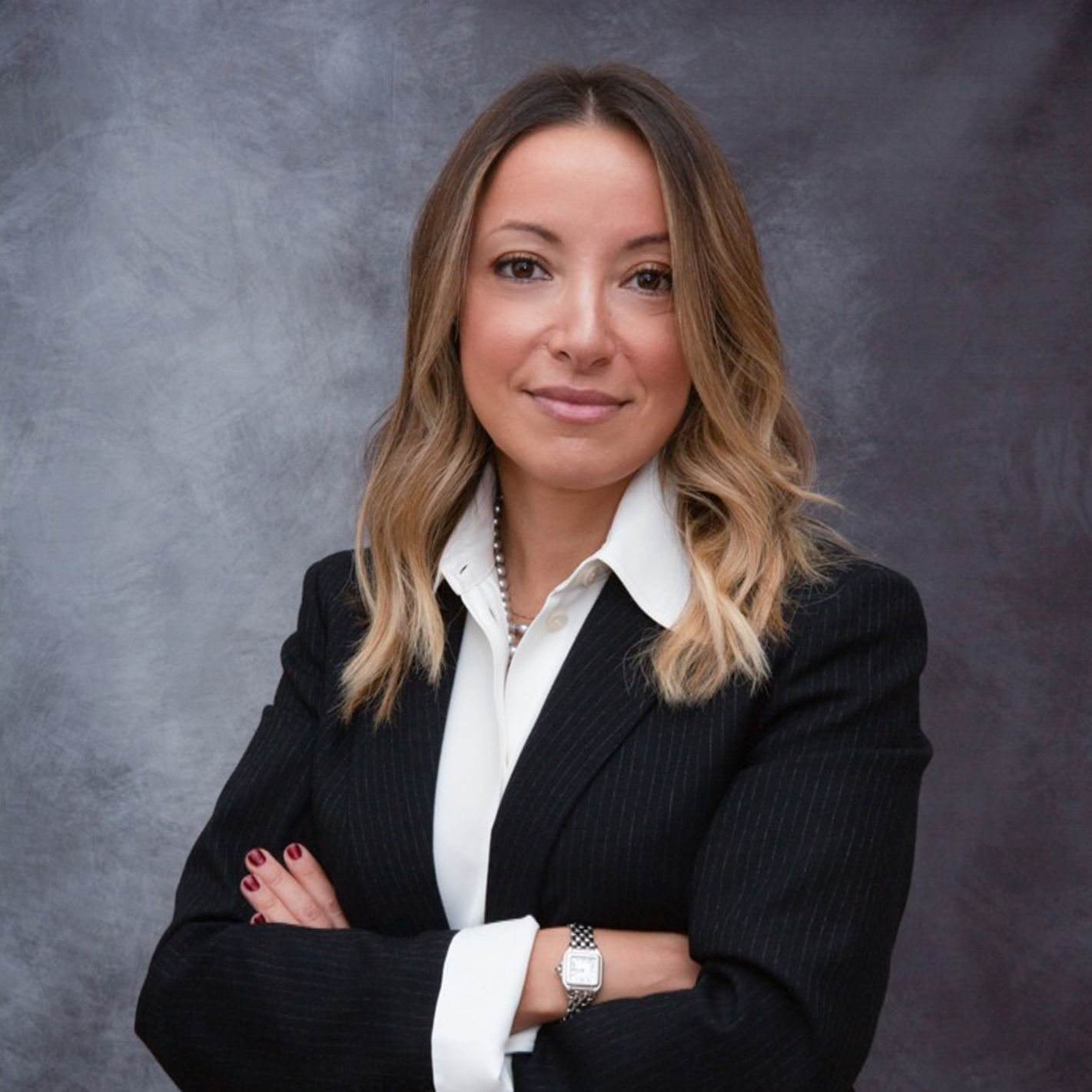
Dr. Pompili is Associate Professor in Psychosocial Oncology and Honorary Thoracic Surgeon at University Hospital in Hull, UK. She is Visiting Associate Professor at the University of Leeds.
After completing her general thoracic surgical residency in Italy, Dr. Pompili obtained a PhD from the University of Leeds with a project investigating the Role of Patients Reported Outcomes (PROMS) In Risk Assessment and Treatment Outcomes for Early-Stage NSCLC. Her research focuses on two areas: a) patient-centred and personalised care for thoracic malignancies and b) evidence-based practice in lung cancer surgery with particular interest in risk-stratification and postoperative morbidities.
Dr. Pompili is recognized as founder of the European Society of Thoracic Surgeons (ESTS) Patient-Centred Working Group leading a European Quality of Life App project for thoracic surgical patients. She is active member of the European Organisation for Research and Treatment of Cancer (EORTC) Quality of Life Group and ISOQOL, working on initiatives to implement PROMs in clinical practice.
She holds national and international leadership roles in the ESTS Women in General Thoracic Surgery Committee, the Society of Thoracic Surgeons, the British Thoracic Oncology Group. She has been recently elected co-chair of the IASLC Diversity and Inclusion Taskforce.
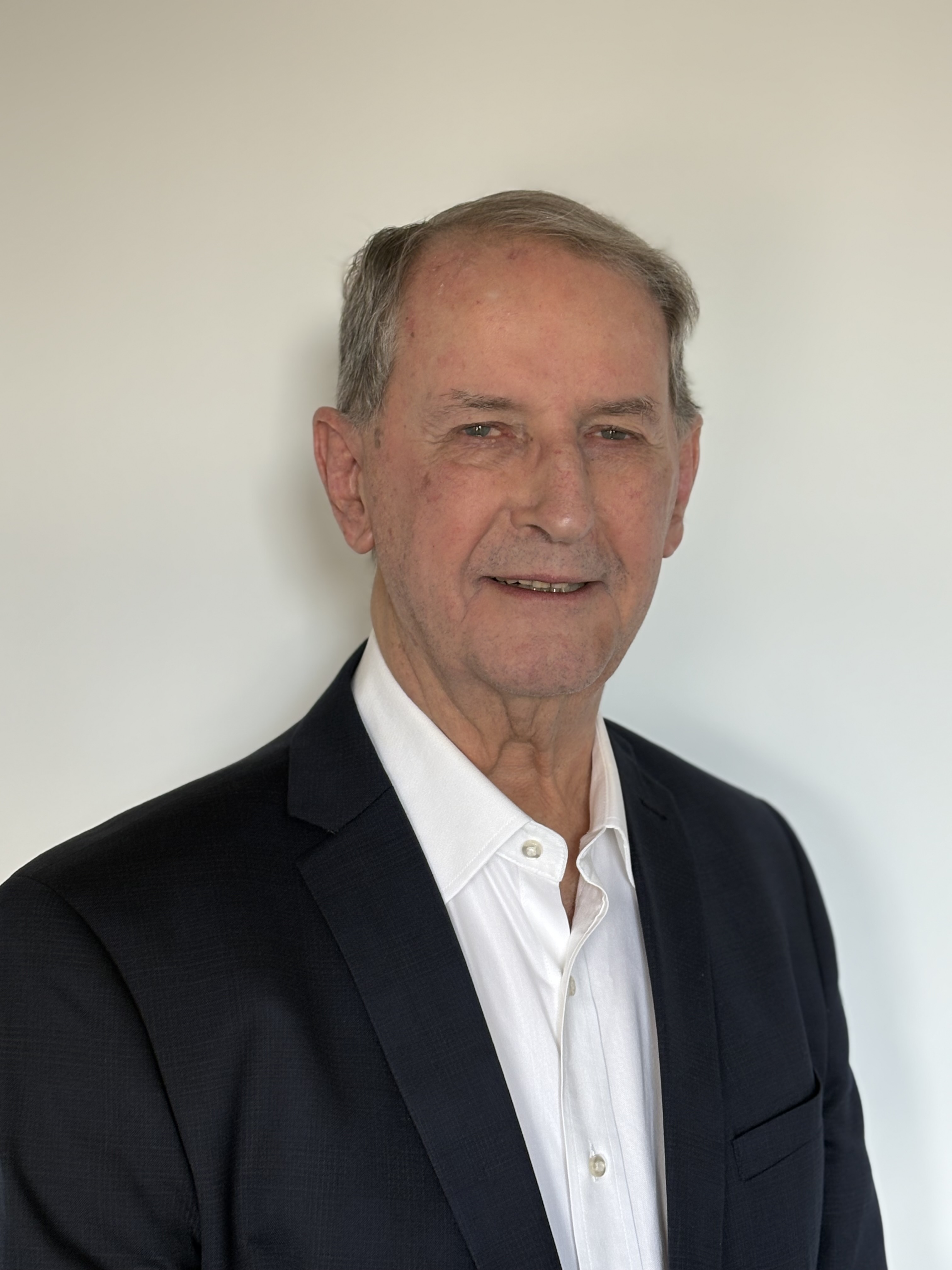
Duncan Preece has an initial background in health sciences with a specialization in clinical oncology at Europe's top cancer hospital, the Royal Marsden, in London. He subsequently worked for many years for a large European University Hospital, the Centre Hospitalier Universitaire Vaudois (CHUV) in Lausanne, Switzerland, chiefly as the head of international medical personnel recruitment and retention. He also worked as a management consultant for EY for several years.
Duncan was diagnosed with stage 4 ALK Positive lung cancer in 2018 and is still on his original TKI. He took up advocacy at ALK Positive Inc (API) in the US and is a current member of the Board of Directors, as well as of several committees. Noting the absence of a similar organization in Canada, he made contact with a number of Canadian patients and instigated the founding of ALK Positive Canada (APC). This organization was incorporated in January 2025 under a federal charter.
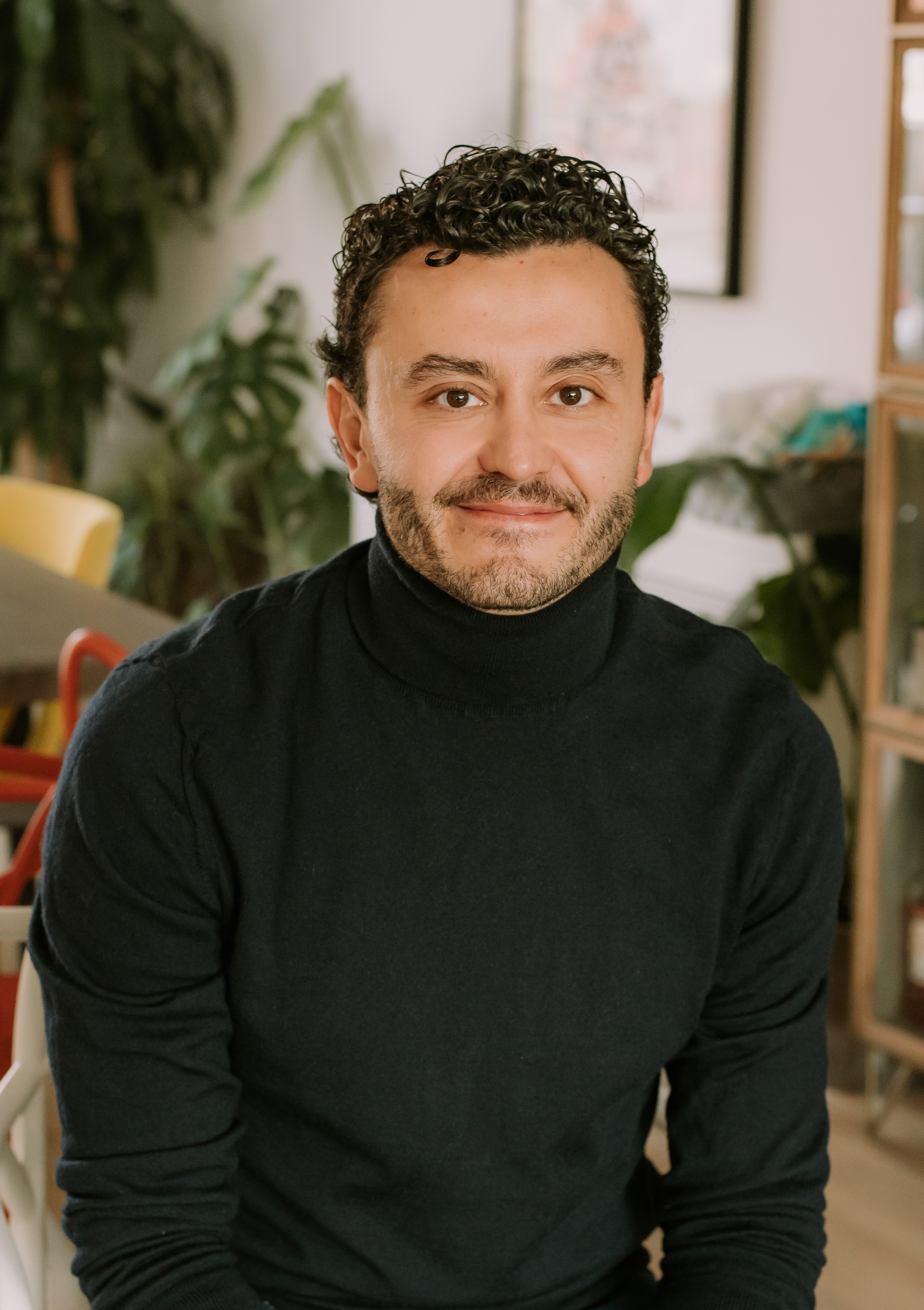
Dr. Bertrand Routy MD, PhD is a clinician-scientist and associate professor in the department of hemato-oncology at the CHUM (University of Montreal). Upon his recruitment to the CRCHUM in 2018 after completing his PhD with Pr. Laurence Zitvogel, Dr. Routy quickly established himself as the scientific director of the CHUM Microbiome Centre where he began his work to develop novel microbiome-based therapeutics in oncology.
His work contributed to the discovery of the gut microbiome as a novel prognostic biomarker for immune checkpoint inhibitors (ICI) in various cancers. He characterized the deleterious impact of antibiotic-related gut dysbiosis on ICI outcomes, which led to pivotal changes in clinical oncology practice. Moreover, he demonstrated that modulation of the microbiome by fecal microbiota transplantation, probiotics, and prebiotic supplementation had the potential to circumvent ICI resistance. His team currently leads several microbiota-centered trials in oncology ranging from phase I to phase II trials, with the aim of decreasing primary ICI resistance.
Dr. Routy is internationally recognized as a leader in the microbiome field with more than 17,700 citations including publications in Science, Nature Medicine and Annals of oncology, and h-index of 43. Moreover, his unending commitment to improving immunotherapy responses in cancer patients has led to several awards from prestigious societies, including the FRQS 2023 Junior 2 ranked #1, the Prix de la Relève Scientifique du Québec in 2022 and the 2021 Gairdner Foundation award.
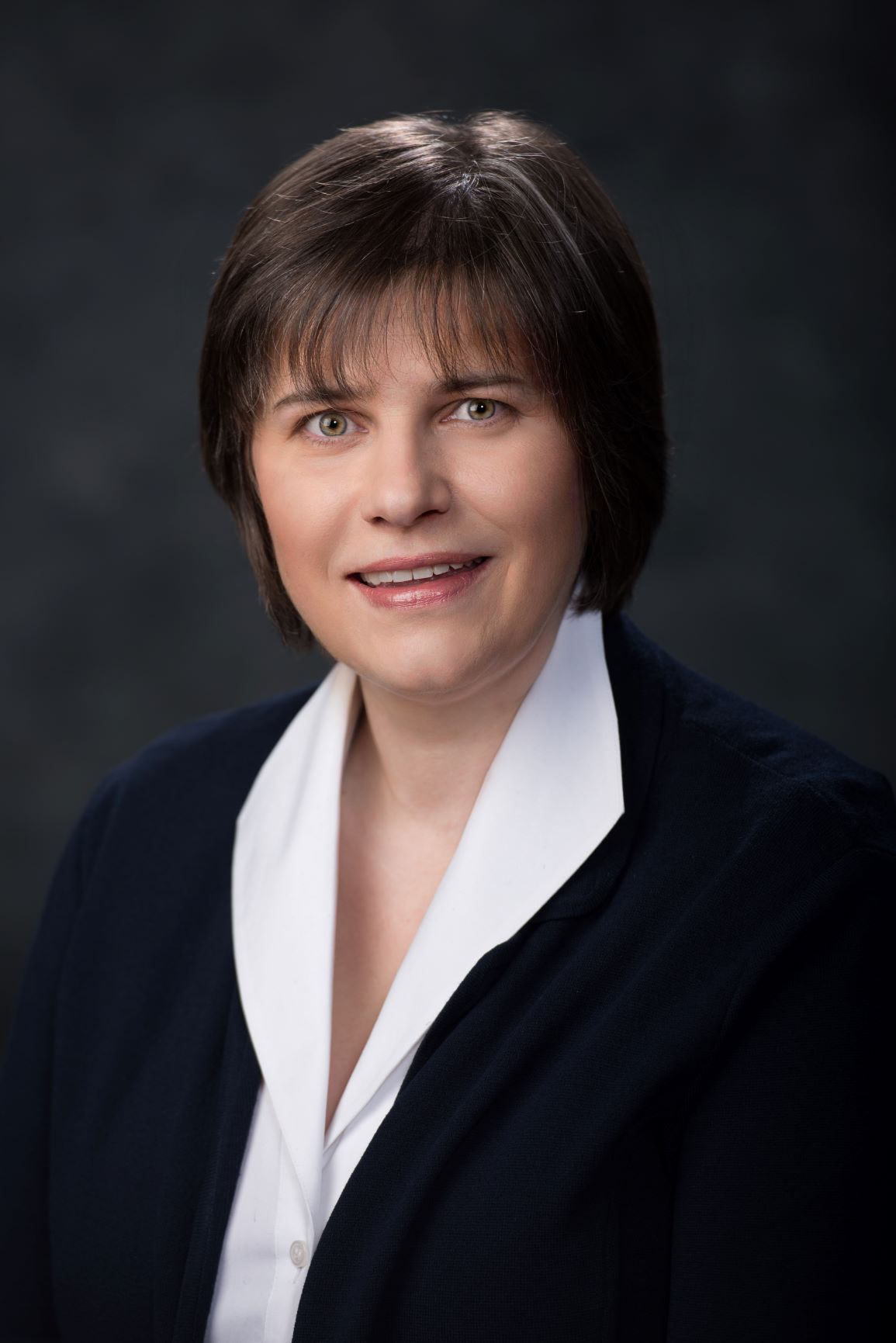
Sanja Dacic, MD, PhD, is the Professor of Pathology in the Department of Pathology at Yale School of Medicine. She is the Vice Chair and Director of Anatomic Pathology at Department of Pathology Yale School of Medicine, and Director of Thoracic Pathology. Dr. Dacic is focused on diagnostic pulmonary and molecular pathology and has been involved in many basic and translational research projects in lung cancer and pleural mesotheliomas that have resulted in numerous peer-reviewed scientific articles, book chapters, and reviews. Dr. Dacic was a member of the Editorial Board for the 5th WHO Classification of Thoracic Tumors. She served as president of the Pulmonary Pathology Society (2019-2022). She is a current chair of the IASLC Pathology Committee (2023-2025).
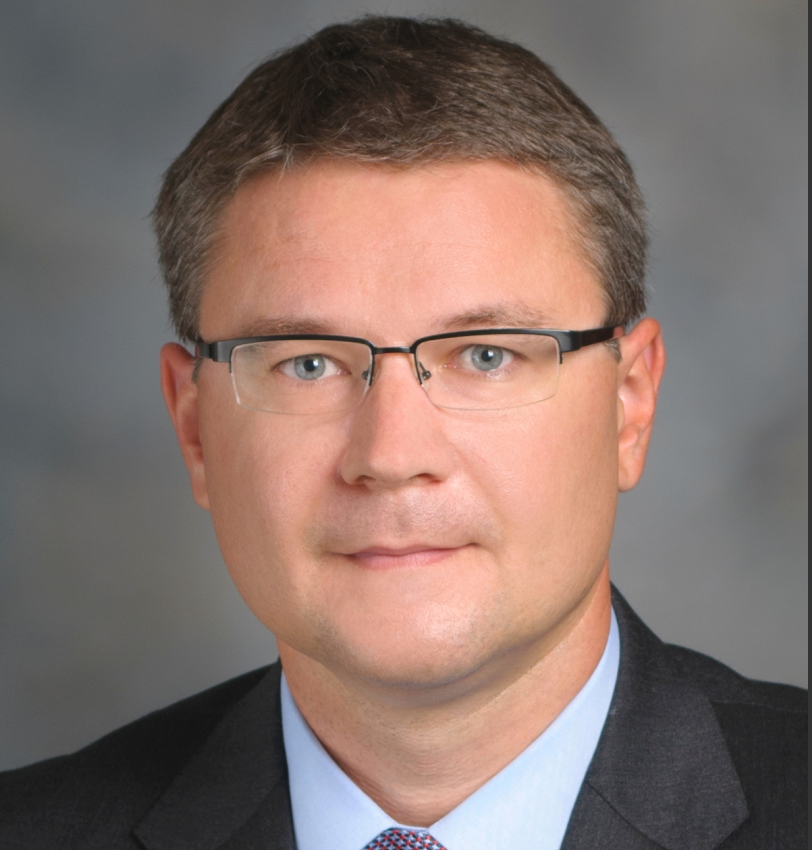
Dr. Boris Sepesi, MD, FACS is a board-certified surgeon, certified in general surgery and thoracic surgery with extensive expertise and experience in the comprehensive treatment of thoracic and upper gastrointestinal oncological diagnoses, specifically lung cancer, esophageal cancer, gastric cancer, chest wall tumors, tracheal and airway tumors, thymomas, thymic carcinomas, mesothelioma and other thoracic oncological diagnoses. His research interests include immunotherapy, targeted therapy, chemotherapy and clinical trials, as well as team building and multi-disciplinary care of complex thoracic oncology patients.
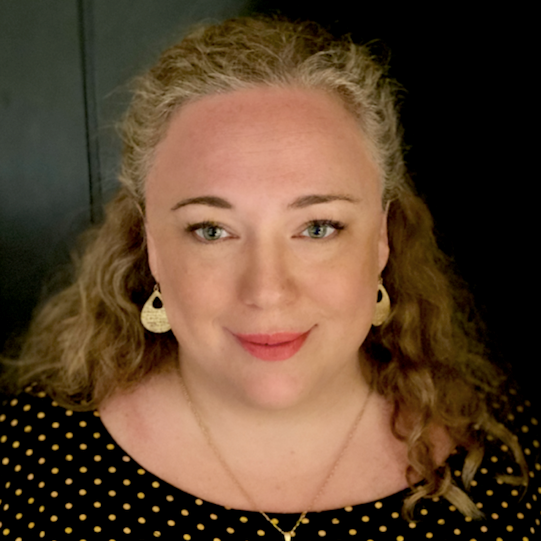
Dr. Stephanie Snow is a staff Medical Oncologist at the QEII hospital in Halifax, Nova Scotia, treating thoracic and GI malignancies. After pursuing undergraduate training at McGill, she completed her training at Dalhousie, where she is now a full professor in the Faculty of Medicine.
Dr. Snow has a strong interest in Medical Education and is Vice Chair of the Royal College Medical Oncology Examination Board. From a research perspective she is involved in clinical research, is Associate Editor of the peer reviewed journal Current Oncology and has been widely published in prominent journals. Finally, Dr. Snow is active in patient advocacy, serving as the current President of Lung Cancer Canada, and sits on the medical advisory committees of several other patient advocacy groups in colorectal and gastric cancer.

Dr. Arthur Vieira specializes in the treatment of lung cancer and mediastinal malignancies, with a focus on modern minimally invasive surgical techniques, including the uniportal (single-port) and subxiphoid approaches. He is also dedicated to advancing lung cancer staging through the use of endobronchial ultrasound (EBUS) and endoscopic ultrasound via the bronchus (EUS-B).
In addition to his clinical work, Dr. Vieira is actively involved in multicenter research projects that evaluate new multimodality treatments and assess real-world outcomes in lung cancer care. His commitment to improving patient care extends beyond the operating room, as he continuously works to elevate the standards and accessibility of lung cancer treatment in his region.
In collaboration with the respirology department at Mauricie–et-Centre-du-Québec, Dr. Vieira co-founded a new initiative in 2025—a foundation dedicated to raising awareness about the rising incidence of lung cancer. The foundation also aims to support the acquisition of innovative technologies to improve diagnosis and treatment.
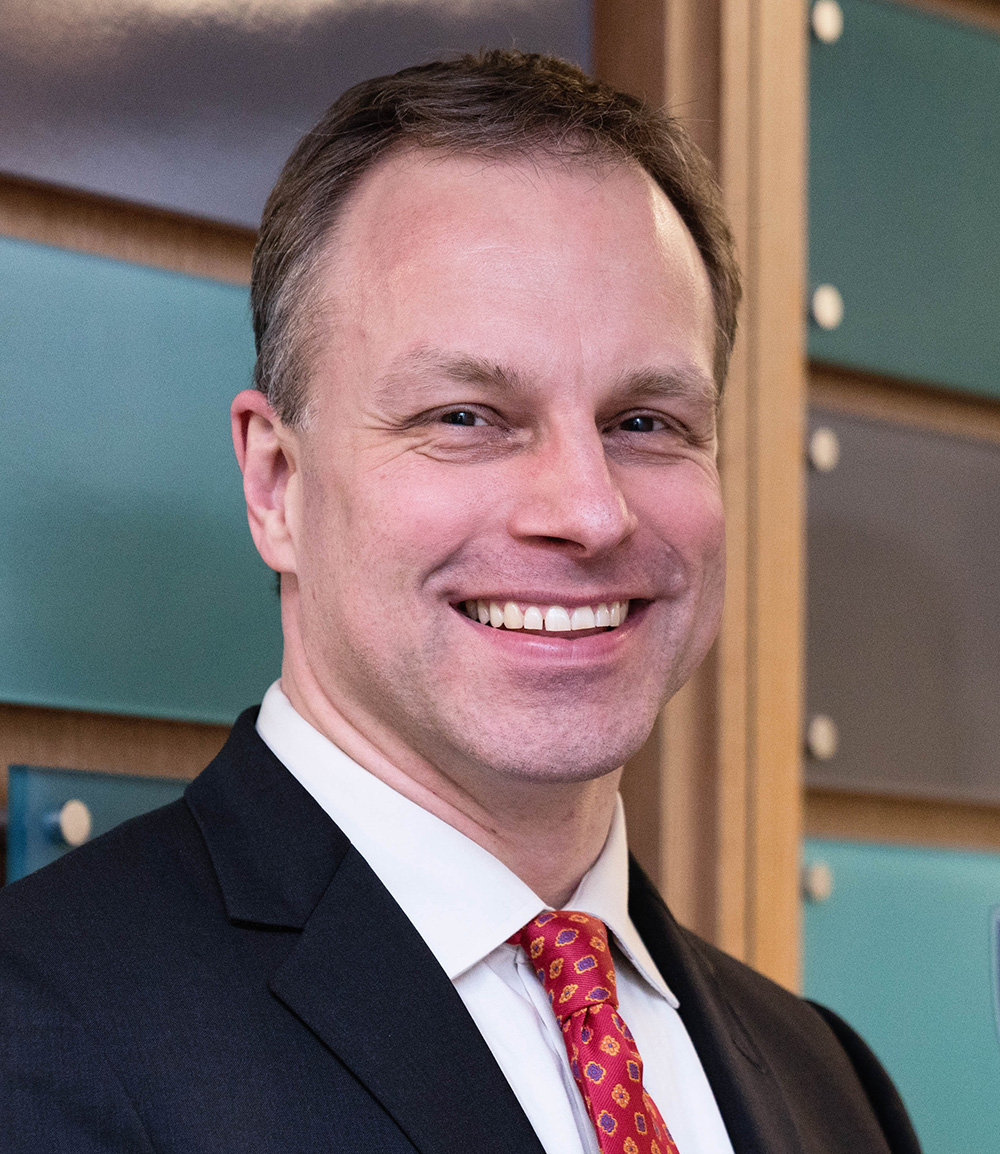
Henning Willers, MD, FASTRO, is the Director of the Thoracic Radiation Oncology Service at Massachusetts General Hospital (MGH) and he also directs the Radiation Biology & Research Program. He obtained his M.D. from the University of Hamburg Medical School in Germany in 1994. After two years of residency training in radiation oncology in Germany, he came to Boston to work as a research fellow on DNA repair in the laboratory of Simon Powell, MD, PhD. He completed his residency training in radiation oncology at the MGH in 2005.As a clinician-scientist, Dr. Willers has a busy clinical practice focusing on the care of patient with thoracic cancers of various types while focusing on novel therapies for KRAS-mutant and EGFR-mutant lung cancer in the laboratory. Dr. Willers has also uncovered biological properties of proton radiation that potentially can be therapeutically exploited. He has dedicated his career to radiation biology research and education and is currently serving as the Biology Section Editor for the Red Journal. His overarching goal is to advance precision radiation medicine that combines the latest in biological therapies with high-precision radiation therapy to increase the likelihood of cure without complications for patients with lung cancer.